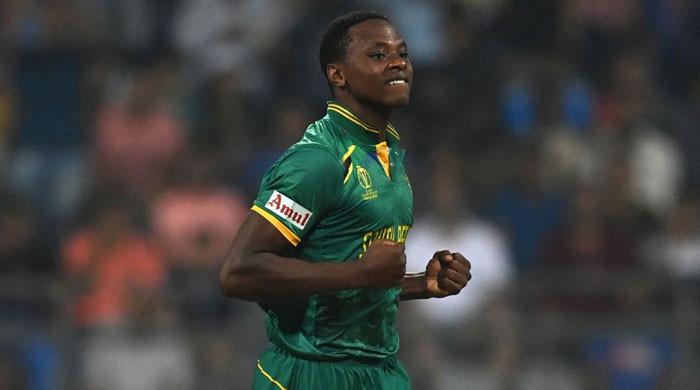Rabada Completes Program Following Substance Use Suspension
South African pace bowler Kagiso Rabada has concluded a one-month suspension, which was reduced from an original three-month penalty, after admitting to using recreational drugs during the SA20 tournament earlier this year.
The South African Institute for Drug-Free Sport (SAIDS) released a statement confirming that Rabada had tested positive for a prohibited substance on January 21, subsequent to the SA20 game between MI Cape Town and Durban Super Giants.
He received formal notification regarding the test result on April 1, while participating in the 2025 Indian Premier League (IPL) in India. Subsequently, on April 3, his team, the Gujarat Titans (GT), made public that Rabada had gone back to South Africa citing “personal reasons” after participating in just a couple of matches.
SAIDS noted that Rabada has since finished an educational initiative intended to increase awareness and avert future substance misuse. After completing his suspension, he is now qualified to play competitive cricket again and could potentially participate as early as Wednesday when the Gujarat Titans play the Mumbai Indians.
Rabada’s suspension is consistent with the World Anti-Doping Agency’s (WADA) regulations concerning first-time violations involving recreational substances like cannabis, cocaine, methamphetamine, or diamorphine.
A similar instance involved New Zealand’s Doug Bracewell, who was penalized similarly the previous year after testing positive for cocaine during the Super Smash competition.
However, the severity of punishments for these types of transgressions differs among cricket governing bodies. In 2023, Zimbabwe’s Wessly Madhevere and Brandon Mavuta received bans for four months and fines equivalent to 50% of their wages for a three-month span after testing positive for a recreational drug.
In that particular case, Zimbabwe Cricket opted to go beyond WADA’s minimal recommendations.
Cricket South Africa (CSA) is not anticipated to enforce added penalties. In a statement issued on Saturday, CSA characterized the matter as “unfortunate” yet conveyed satisfaction with Rabada’s reaction, acknowledging his adherence to professional standards. The bowler conveyed his apologies through the South African Cricketers’ Association, stating:
“I extend my sincere apologies to all those whom I have disappointed. I will hold the privilege of representing my country through cricket to the highest regard. This privilege is greater than myself and my personal ambitions.”
Rabada is now eligible for selection to the national team and is projected to assume a crucial position within South Africa’s roster for the forthcoming World Test Championship (WTC) final against Australia the following month.
He was South Africa’s leading wicket-taker throughout the 2023–2025 WTC cycle, securing 47 wickets at an impressive average of 19.97.
Nevertheless, the handling of Rabada’s situation has drawn criticism, notably pertaining to the clarity regarding his absence from the IPL. Former Australian captain Tim Paine voiced his concerns on SEN Radio, questioning GT’s initial justification:
“It’s unpleasant. I dislike the utilization of ‘personal issues’ to mask matters that are not actually personal,” Paine stated. “If a professional athlete tests positive for recreational drugs during a tournament, that is not a personal matter; it constitutes a breach of contract.”
“You cannot simply remove an individual from the IPL, repatriate them, and conceal the matter. Subsequently, upon the conclusion of the ban, discreetly reinstate them. This is not the appropriate procedure.”
Presently, with the issue formally resolved, Rabada’s attention will revert to cricket, both for the Gujarat Titans in the IPL and for South Africa in the significant WTC final.



Comments (0)
No comments yet. Be the first to comment!
Leave a Comment